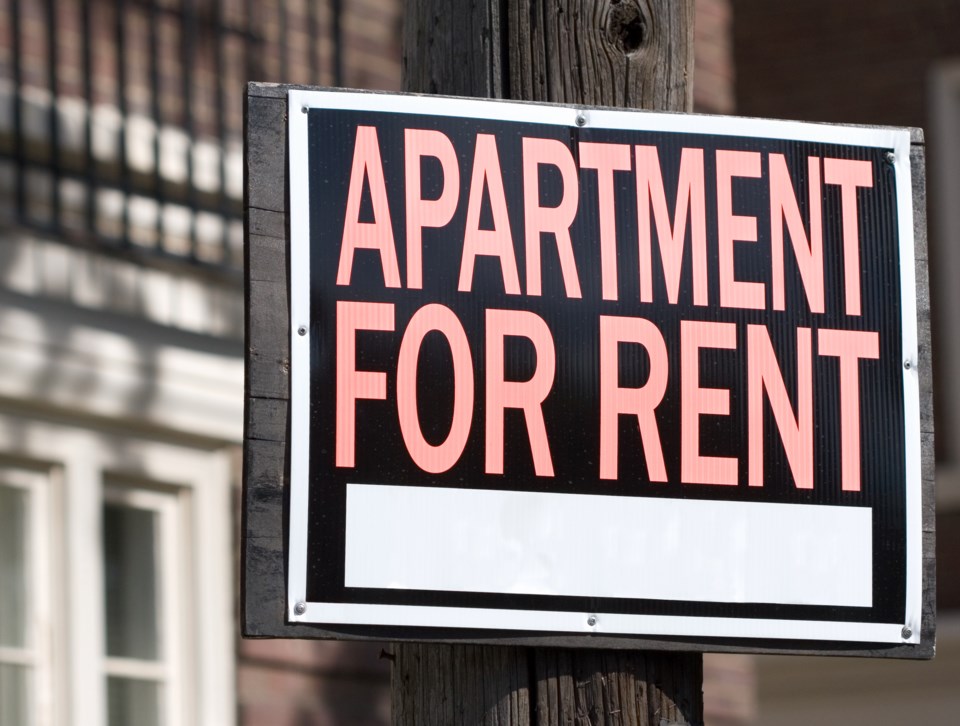It isn’t affordable to live in a one-bedroom rental in Guelph making minimum wage, according to a report from think tank Canadian Centre for Policy Alternatives.
To afford a one-bedroom rental without spending more than 30 per cent of your income Guelph residents would have to make $25.77 an hour, according to the report. To afford a two bedroom rental in a single income household a person would need to make $28.83 an hour.
The standard housing affordability measure is from Statistics Canada and the Canadian Mortgage and Housing Corperation (CMHC), so we adopted it for the report, said Ricardo Tranjan, co-author of the report. It is a 30 per cent shelter cost-ratio. In a household spending more than 30 per cent of its total income before tax on housing it is considered unaffordable, he said.
The numbers in the report are based on 2022 data from CMHC.
On average there are zero neighbourhoods in Guelph with affordable one or two bedroom apartments for full-time minimum wage earners.
Minimum wage in Ontario is $15.50.
“The minimum wage is an arbitrary figure that is not directly connected to the cost of living,” said Tranjan.
“Presently it is indexed for inflation, but it doesn't mean that it's keeping pace with the cost of living because the original value was low."
Tranjan said the authors considered including the price of what an affordable rental would be for someone working full time making minimum wage with 30 per cent of their income going towards rent.
If you made $15.50 before tax and worked 40 hours a week, 52 weeks a year and divided it by 12 an affordable monthly rent price would be $806.
In June 2022 the average price for a one-bedroom rental in Guelph was $1,996, as previously reported by GuelphToday.
Policy debates and policy solutions on housing don’t see any movement or “palpable change,” he said.
On a local level there is a political response at a local grassroots level, he said. “In southern Ontario in Guelph, in Kitchener-Waterloo in that region, there has been a lot of activism around the living wage,” said Tranjan.
Living wage is different from rental wage because it is the minimum wage calculated to meet basic expenses, including rent and other necessities.
For individual tenants and tenant families when they are paying a lot in rent that is money not going somewhere else like groceries, prescriptions, clothing, activities for children, local services and products to circulate the local economy, Tranjan said.
There is too much emphasis on supply of rental properties, he said. There needs to be more non-market housing built for low income families, Tranjan said. Non-market housing is housing not subject to market rates like co-operative housing, non-profit housing and supportive housing.
Another part of the solution are rental and vacancy controls. Rentals built after 2018 in Ontario are not rent controlled meaning the rent can go up by any rate each year. Tranjan said there are no vacancy controls in Ontario. Vacancy rent controls would limit how much rent would go up when a tenant moves out and a new tenant moves in.
Expensive rent isn’t just a trend for large cities but the closer you are to a major centre like Toronto the more likely you are to be affected, he said.
